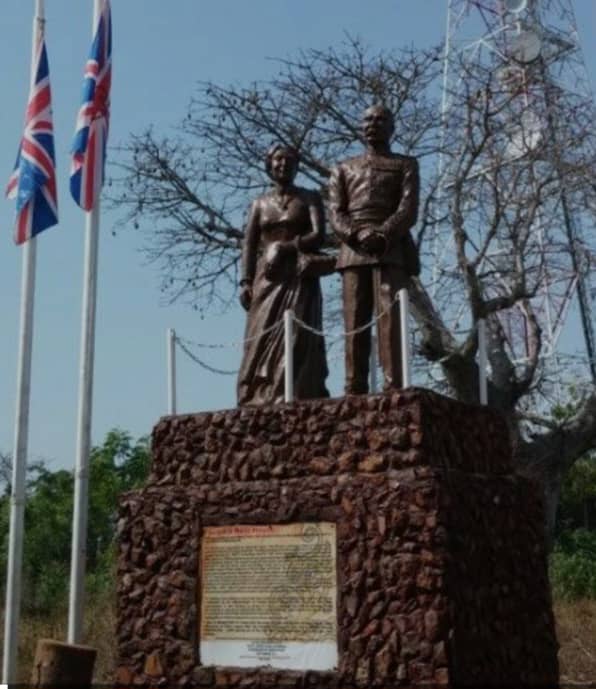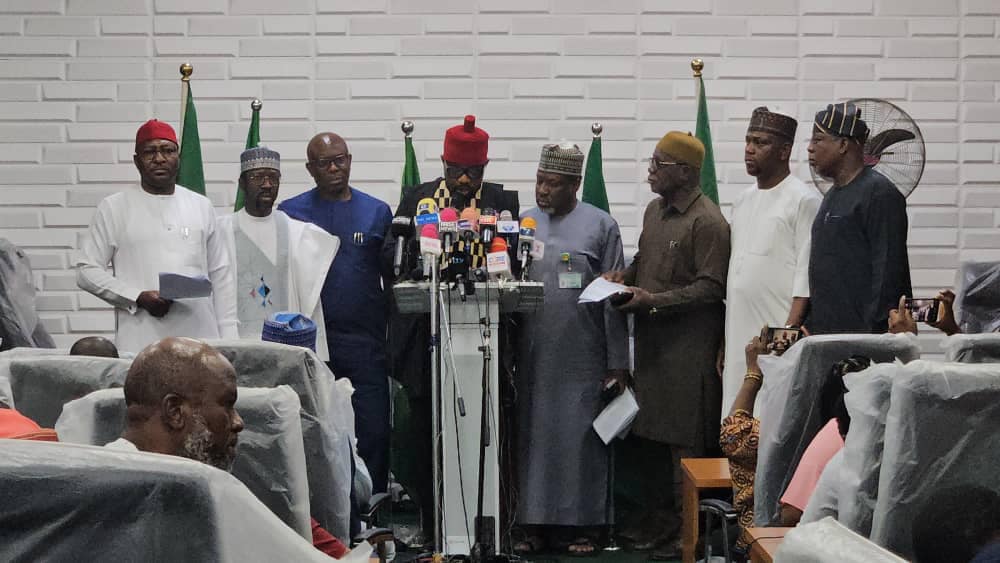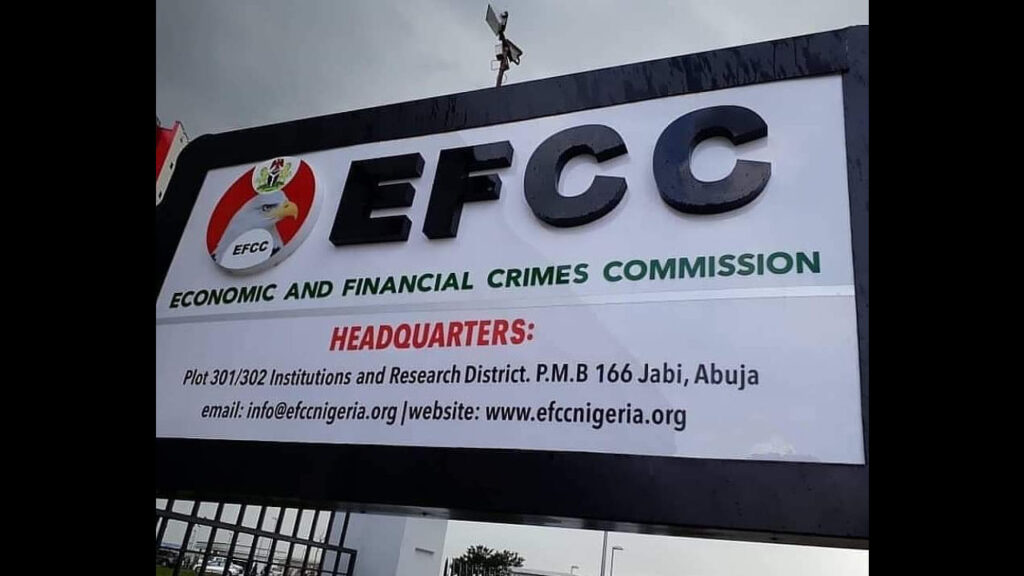
Festival tourism as a factor of international and cultural tourism development has been identified as a core instrument for significant tourism flows to, among other social and economic benefits, enhance greater tourism experience, international trade and income, either by itself or by complimenting other tourist products.
Chairman, Kogi Hotels and Tourism Board, Philip Orebiyi, made this known in Lokoja, Kogi State capital, during a courtesy visit paid to him by stakeholders in the Kogi tourism sector.
Orebiyi, a tourism specialist and cultural festivals curator, was recently appointed Chairman of the Tourism Board by Governor Usman Ododo.
Kogi is famous for its tourism potentials. Some of the tourist attractions in the state include the Azad’s palace of the Ohinoyi of Ebiraland; colonial relics, such as Lord Lugard House, Mount Patti, World War Cenotaph; the Confluence of Rivers Niger and Benue; Obagogo Hill, Kabba and the Inikpi statute at Idah, among others.
Orebiyi noted that his board is positioned in the right hands with the involvement of members who are renowned tourism specialists and who have hit the ground running immediately after the composition of the board, less than a month ago.
He said it was a great relief for the board having a supportive General Manager like Hajia Bilikisu Ogueyi, who understands the precepts of tourism values.

Orebiyi said: “Kogi is blessed with festivals that are means for tourism, economic development and local marketing. Our plans economically are based on consumer behavior approaches, the fundamental needs of celebration and many social and cultural reasons for seeking a holiday. It should also be emphasized that festivals are increasingly being used to achieve social and cultural objectives, which place them as implements for social marketers. There are many festivals in Kogi that have generated so much national interests but have not been properly positioned as established destinations safe for international tourists”.
According to him, holding and developing the tradition of cultural events are products of creativity. Festivals are an important aspect of event research and are of particular interest to scholars from many disciplines because of the versatility and popularity of the festivals.
From his experience as a curator of established festivals in Kogi, he noted that the November 2016/2017 Apapo Omo Okun Cultural Festival, a concept which sought to encourage the practice of cultural entertainment and attract tourists to Okun part of Kogi State, established the fact that with support from government, Kogi is a ripe destination that can engage the local population.
Orebiyi enthused that the extra security network being put in place by Governor Ododo with the use of vigilantes and hunters’ participation will further enhance security for sustainable tourism activities to survive and thrive within the state.
Speaking further, Orebiyi said: “Considering cultural tourism as a symbiosis of economy and culture, we should emphasize that it contemplates not only knowledge of the cultural heritage of tourist destinations, but also inclusion of a tourist into a modern cultural environment. Festivals and holidays can simulate an effective technology for influencing the formation of consumer consciousness. Through the intensification of consumption, commoditisation becomes a systematic process of materializing goods that were not previously perceived as commodities. Commoditisation leads to the fact that the effectiveness of festivals and holidays is evaluated in terms of profit and economic efficiency, and the sphere of the sacred, that which could not be sold and bought before and is, at the heart of society, is under pressure from the system of unlimited consumption.
In America, folk festivals are also called street fairs. Fiesta is a traditional folk festival, typical of Spanish-speaking countries and widespread in the Mediterranean. Slavic festivals are analogous to festivals, which are elements of different cultures and relate to the historical traditions and customs that transmitted from generation to generation and preserved for a long time”.
Orebiyi, who disclosed that one of his recent work is being researched in Turkey, said the initiative, prepared for the next few months, is traditionally considered a “beach-bathing holiday”, focused on promoting the country’s cultural heritage, various festivals and other cultural activities in order to expand the season.
“Great festivals in Kogi can be the events that take place once or several times a year, last a limited amount of time and provide participants with social opportunities that go beyond the ordinary.
The role of tourism in the process of realization is substantial as it is providing the tourists involvement in other cultural contexts, where people from other countries, cities and regions live and based on this there will be rapid change of impressions; intense intellectual and information component of tourist activity, which is very important for modern people; entertaining-relaxation effect; satisfaction of social and prestigious demands according to individual consumer’s behavior, developed consumer standards of certain social groups and, therefore support and in some cases raise the social status of a tourist; opportunity of meeting and communicating with different people during cultural events and festivals, holidays.
International festivals create the preconditions for exporting national cultural products. The analysis of the positive results of the festival activity shows a multiplier effect, which is manifested in the growth of income, creation of new jobs, development of infrastructure on the places and increase of capital investments, creation of dynamic social and cultural space favourable for business. Myths and symbols are laid in traditional festivals. In modern societies, they are often transformed into fictional myths or symbols with different meanings, so aggravating enhancing their commodity value, and places associated with these myths are transformed into tourist attractions”, he said.
In his remarks, Comrade Habuh-Rajan Suleiman, Vice President, Kogi State Chamber of Commerce Industry, Mines and Agriculture (KOCCIMA), stated the willingness of KOCCIMA to collaborate with the board to achieve the needed framework to turn Kogi into the main tourist’s destination in the north central and Nigeria.
Comrade Rajan said that KOCCIMA is particularly convinced that the Kogi State Government is ready to reposition the tourism industry as a revenue channel to Kogi State and local governments areas.












